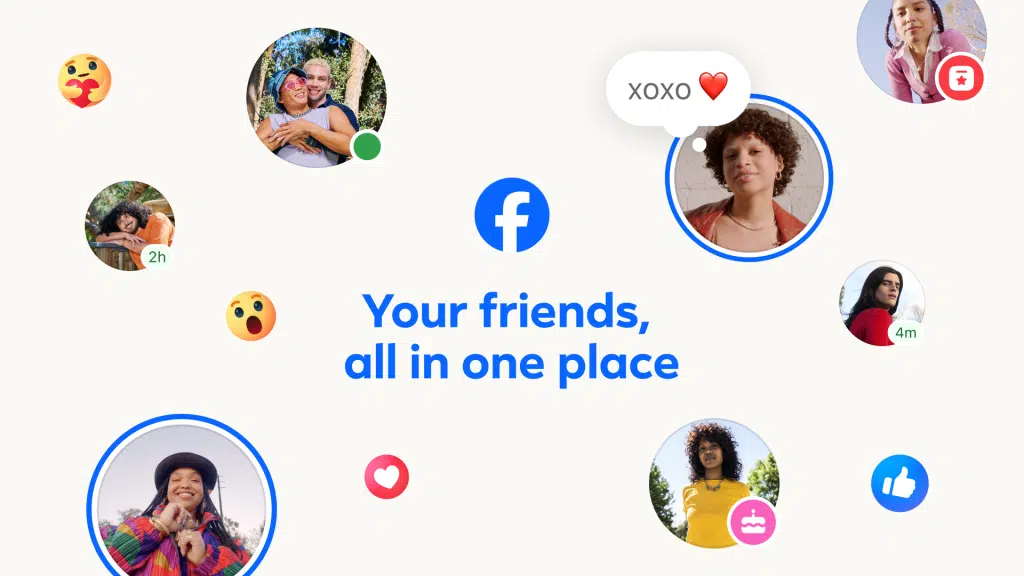
Meta CEO Mark Zuckerberg is leading a strategic return to the platform’s roots with the launch of a new feature called the Friends Tab, marking the company’s latest effort to revive OG Facebook.
The new Friends Tab displays only content shared by users’ friends—no recommended videos, celebrity posts, or ads. Instead, users will see personal updates, stories, Reels, and birthday notifications. The goal is to bring back the original identity of Facebook as a space for personal connections.
Back to 2004 Roots
OG Facebook refers to the platform’s early version, launched in 2004 by Zuckerberg while he was a Harvard student. At that time, Facebook focused exclusively on helping users connect with friends. The feed showed only updates from known contacts, with no distractions from ads, recommended content, or shopping features.
However, the platform has shifted dramatically over time. The feed became increasingly driven by algorithms. Content from unfamiliar accounts and advertisements gradually displaced updates from friends. Despite launching features like Groups, Video, and Marketplace, Facebook lost the clarity of its original identity.
Declining Youth Engagement
This shift especially alienated younger users. In 2014, over 70% of teenagers used Facebook. Today, that number has dropped below 50%. Many have moved to platforms like TikTok, Snapchat, and Instagram, which offer faster, trend-driven content. Facebook has since become more popular among users aged 40 and older, leading to criticism that the platform is aging.
Zuckerberg’s push for OG Facebook is a direct response to this trend. He stated he is willing to sacrifice short-term revenue to make Facebook culturally relevant again. The Friends Tab is expected to be the first of several upcoming changes.
Can Simplicity Compete Today?
Whether OG Facebook can thrive in today’s social media landscape remains uncertain. While its simplicity and authenticity hold nostalgic appeal, user habits have evolved. Many are now accustomed to AI-driven content, viral Reels, and influencer videos.
Still, the renewed focus on real friendships could resonate. As social platforms shift toward individual media channels, a return to trusted personal connections may offer relief to users experiencing digital fatigue. A space dedicated solely to friends could serve as both a nostalgic retreat and a modern solution.
To succeed, OG Facebook must deliver on values like simplicity, private sharing, and trust-based interactions. It must prioritize people over algorithms and friends over ads. More importantly, it must give younger users a reason to return—not by copying the past, but by adapting it to the present.
In the end, Facebook’s revival depends on one essential question: Do we still want to connect with our real friends online?




